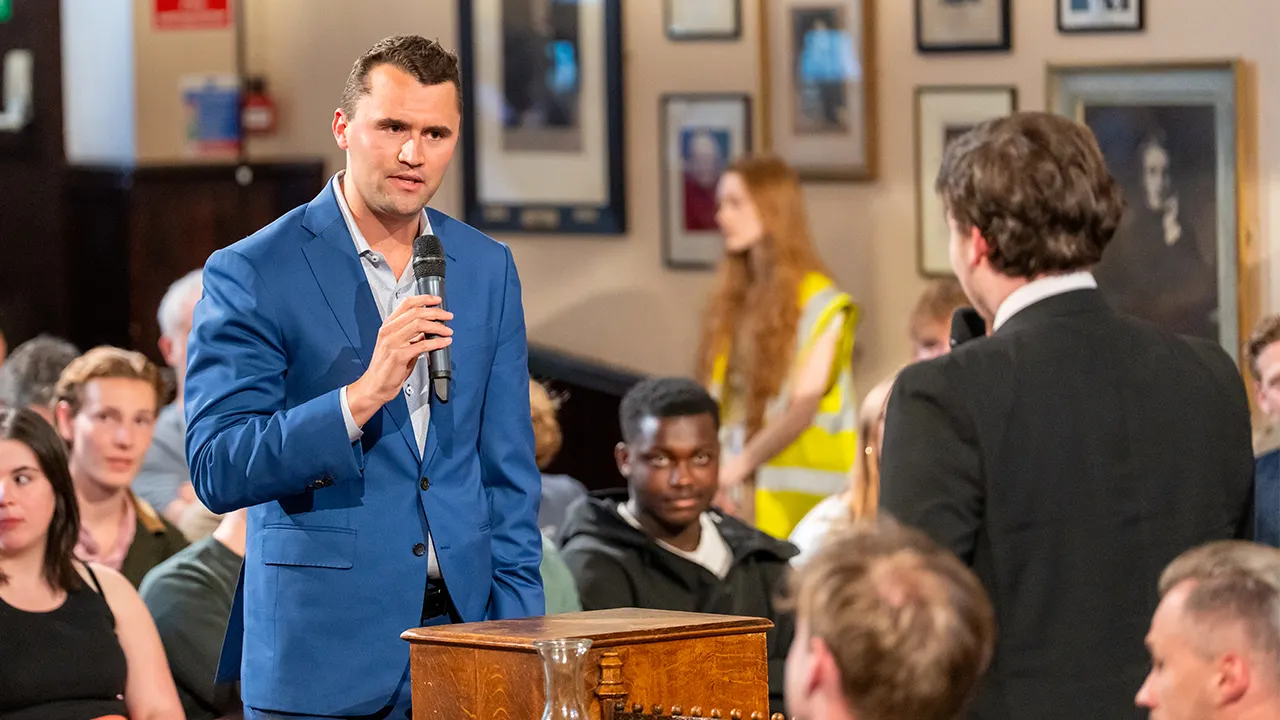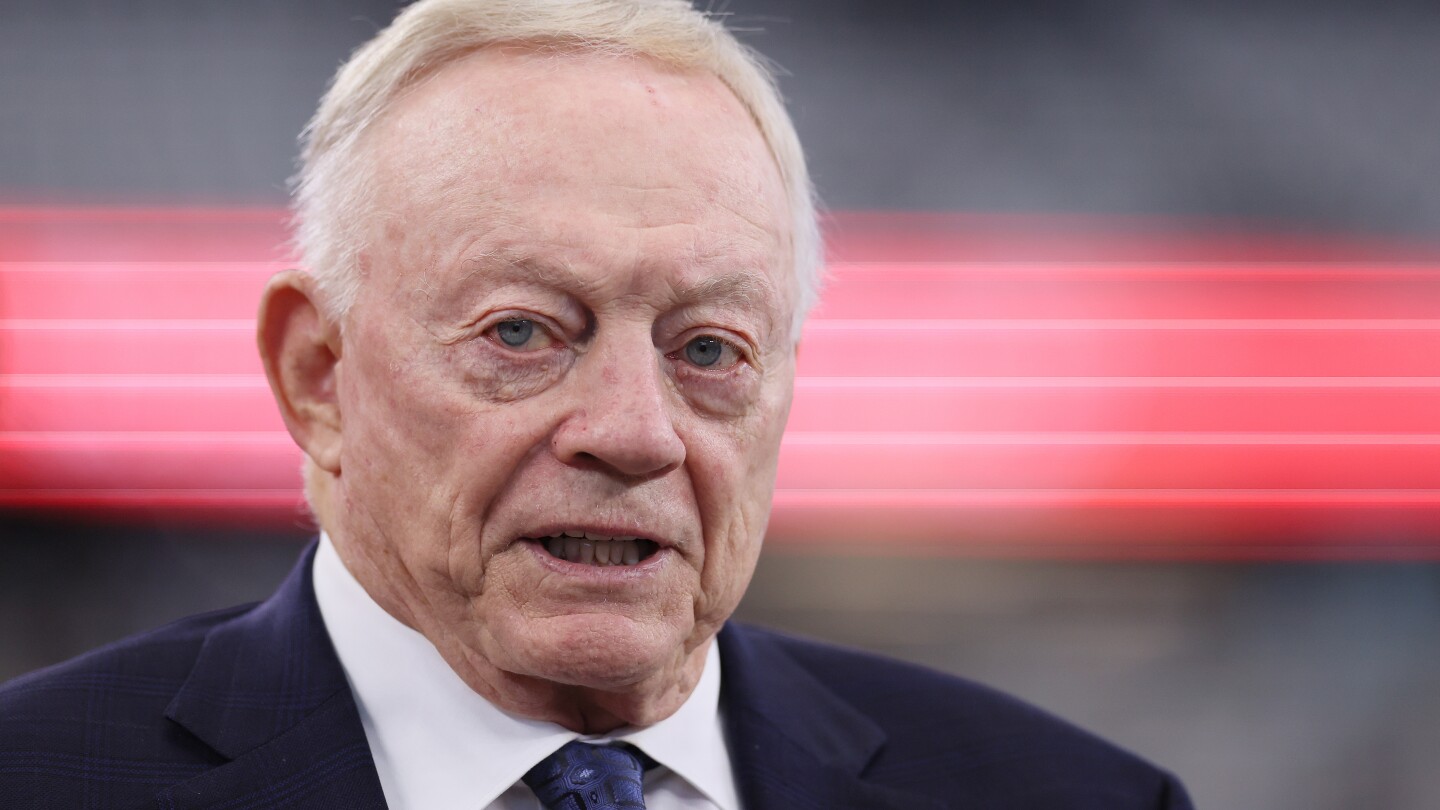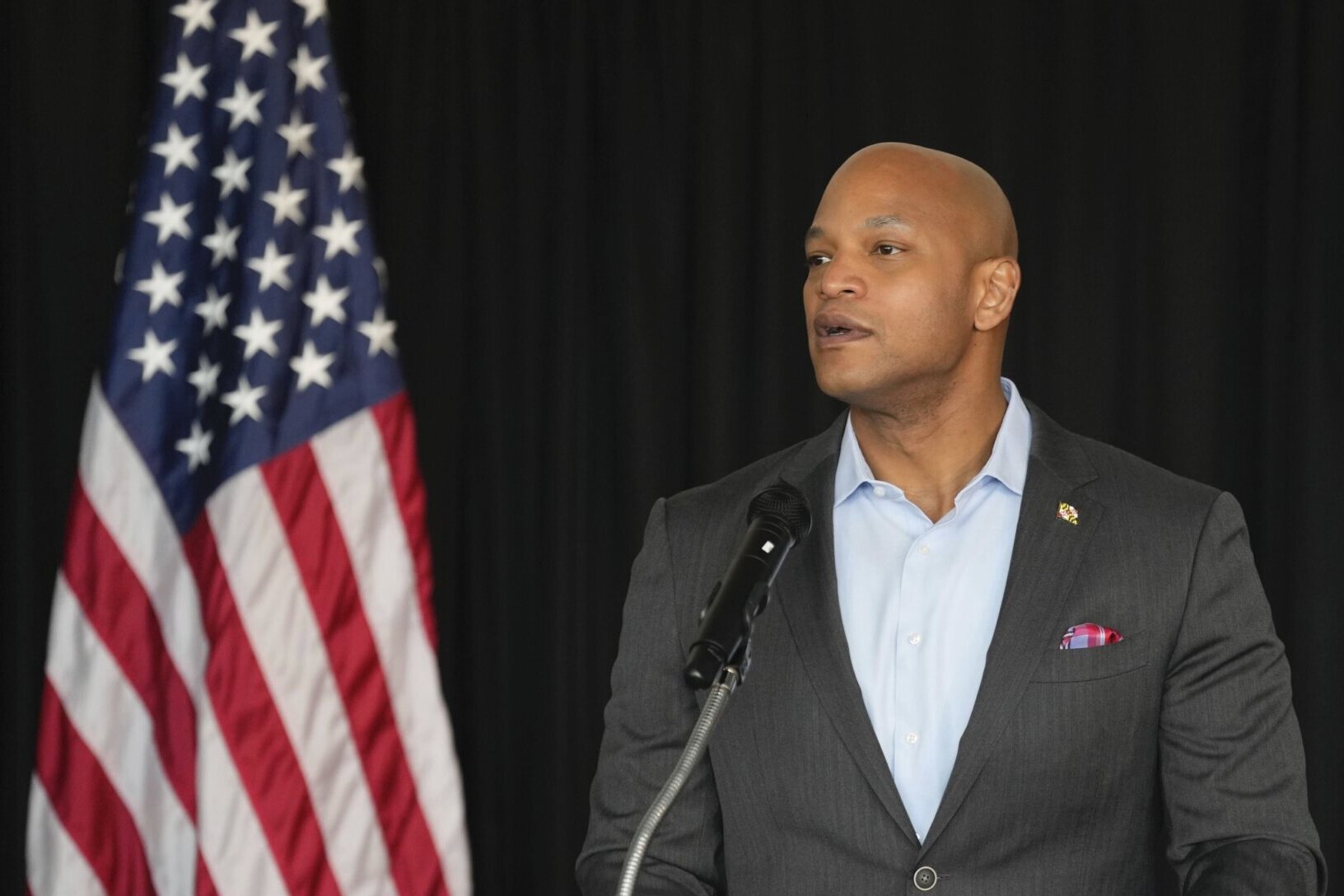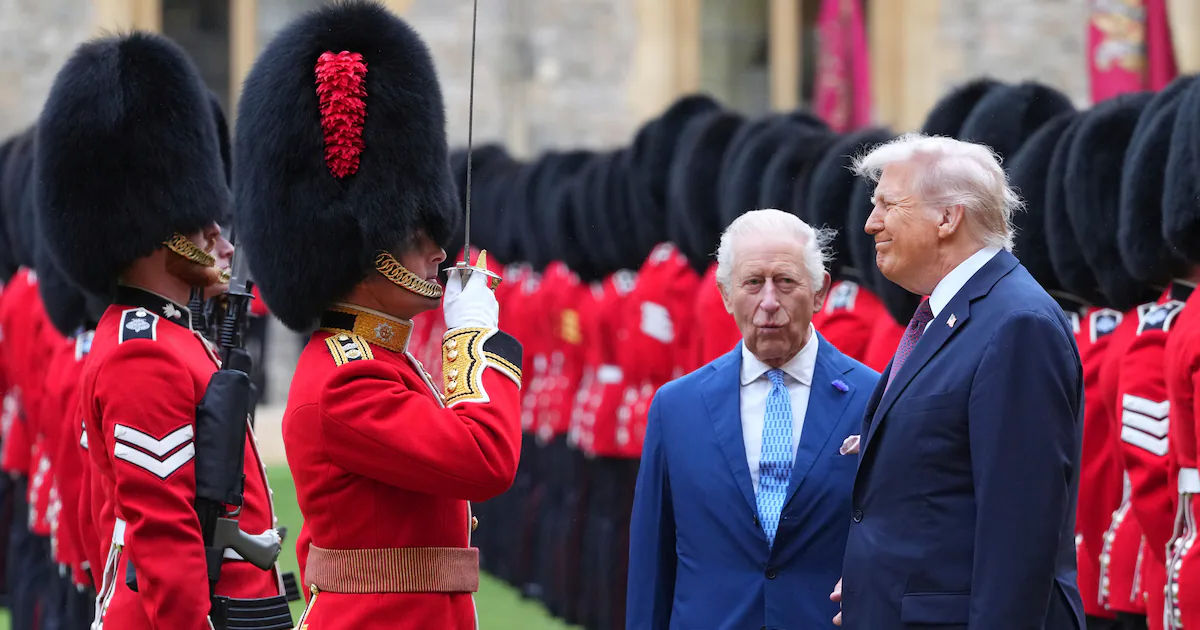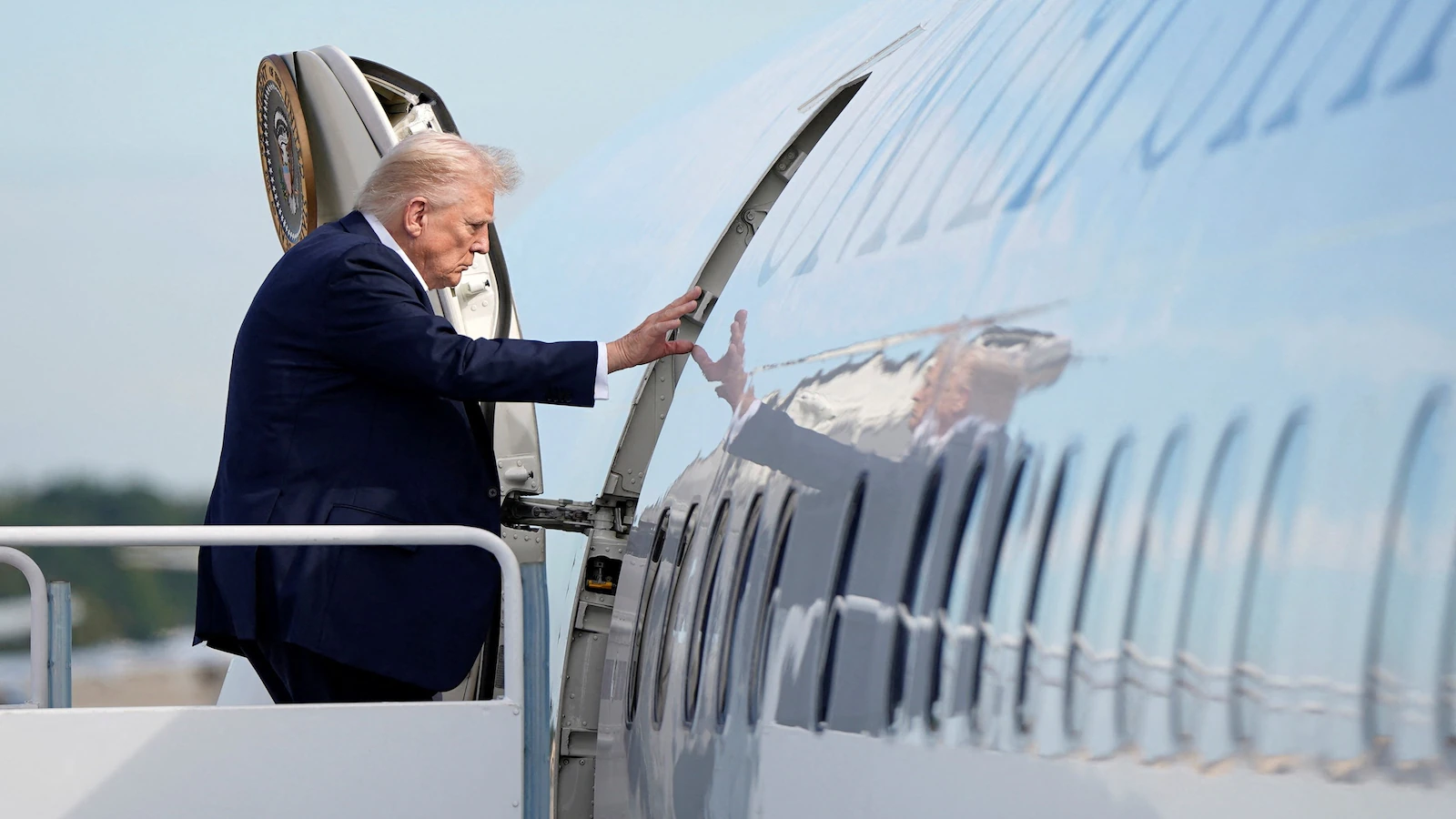
The indictment of former FBI Director James Comey has shattered decades of post-Nixon norms governing a president’s relationship with the Justice Department and raises new concerns about weaponization of government.
But is President Donald Trump’s directed prosecution of political enemies legal?
The Supreme Court’s landmark 2024 opinion on presidential immunity lays out the role and authority of a president as head of the executive branch — explicitly acknowledging that he is theoretically able, under the Constitution, to direct investigations and prosecutions.
“‘Investigation and prosecution of crimes is a quintessentially executive function,'” wrote Chief Justice John Roberts, quoting from a 1986 opinion in the case of Morrison v. Olson. “And the Executive Branch has ‘exclusive authority and absolute discretion’ to decide which crimes to investigate and prosecute.”
The Supreme Court went on to say: “The President may discuss potential investigations and prosecutions with his Attorney General and other Justice Department officials to carry out his constitutional duty to ‘take Care that the Laws be faithfully executed.'”
“And the Attorney General, as head of the Justice Department, acts as the President’s ‘chief law enforcement officer’ who ‘provides vital assistance to [him] in the performance of [his] constitutional duty to ‘preserve, protect, and defend the Constitution,'” the ruling reads.
“Investigative and prosecutorial decision making is ‘the special province of the Executive Branch,’ and the Constitution vests the entirety of the executive power in the President,” the ruling stated.
The events of the past 24 hours have reignited debate over whether the Comey case is an example of how the Supreme Court may have emboldened Trump to “do whatever he wants” as Justice Ketanji Brown Jackson argued in her dissent.
Federal judges will ultimately be the ones to consider the facts and circumstances, render a level judgment — and account for the politics and the precedent the Comey case could set.
Comey was indicted days after Trump issued a public demand for his Justice Department to act “now” to bring prosecutions against Comey and other political enemies.
“We can’t delay any longer, it’s killing our reputation and credibility,” Trump wrote in a post to his social media platform on Saturday. “They impeached me twice, and indicted me (5 times!), OVER NOTHING. JUSTICE MUST BE SERVED, NOW!!!”
Then on Thursday, hours before Comey’s indictment came down, Trump said he could be personally involved in the case but was leaving any charging decision to officials.
“I’m not making that determination,” Trump said. “I think I’d be allowed to get involved if I want, but I don’t really choose to do so. I can only say that Comey is a bad person.”
On Friday, Trump applauded the indictment and predicted others could face a similar fate.
“It’s not a list, but I think there will be others,” Trump said. He added, “Frankly, I hope there are because you can’t let this happen to a country.”
Comey said in a video statement Thursday night that he did nothing illegal and he was looking forward to a trial.
“My heart is broken for the Department of Justice. I have great confidence in the federal judicial system and I am innocent, so let’s have a trial, and keep the faith,” Comey said in video posted to his Instagram account.
